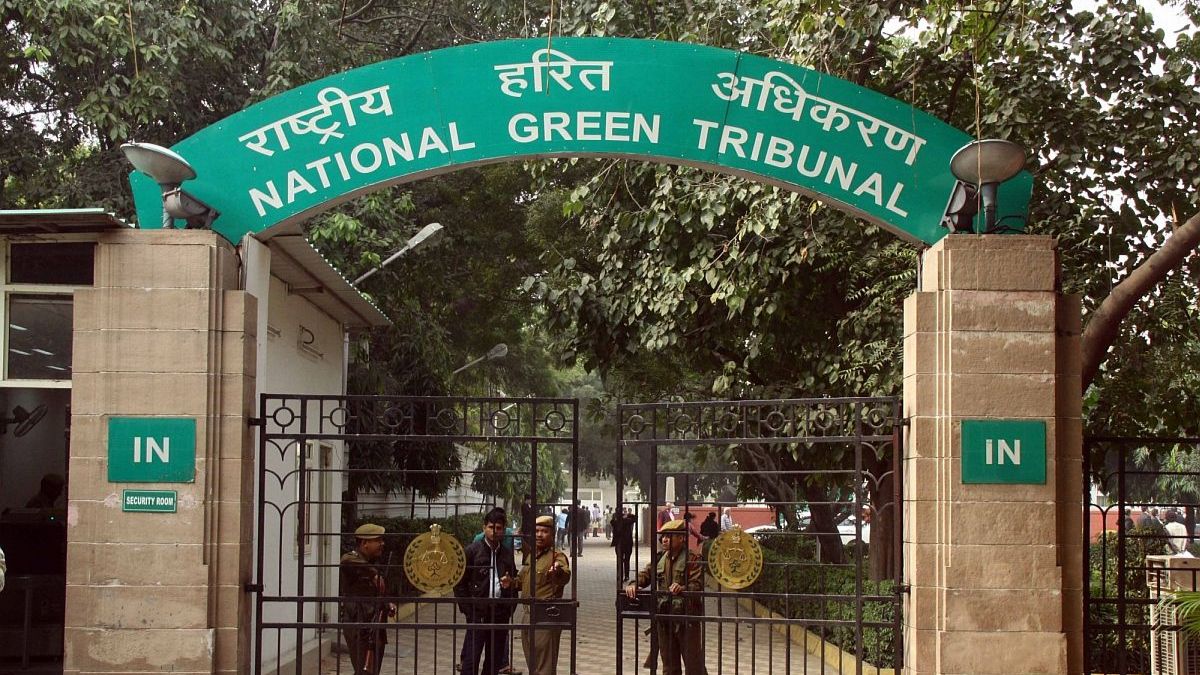Aether Industries Fire : National Green Tribunal Takes Action
In response, the NGT's principal bench in New Delhi has issued notices summoning the member secretary of the Gujarat Pollution Control Board (GPCB) and the Surat District collector to appear before the court on December 8. The tribunal's notice explicitly states that further action will be taken if the district collector and GPCB representatives fail to comply.

Advertisement
Surat : The National Green Tribunal (NGT) has taken suo moto cognizance to media reports shedding light on the catastrophic fire at Aether Industries in Surat, which claimed the lives of seven workers and left approximately 24 others injured.
In response, the NGT’s principal bench in New Delhi has issued notices summoning the member secretary of the Gujarat Pollution Control Board (GPCB) and the Surat District collector to appear before the court on December 8. The tribunal’s notice explicitly states that further action will be taken if the district collector and GPCB representatives fail to comply.
The devastating incident, which occurred on November 29, resulted in the tragic loss of eight workers, including an employee from an adjacent factory. Out of the 24 workers injured, 10 remain in critical condition, highlighting the severity of the disaster.
Aether Industries Limited, under the ownership of Ashwin Desai, specializes in the production of advanced intermediates and specialty chemicals such as 4-(2-Methoxyethyl) Phenol (4MEP), 3-Methoxy-2-Methylbenzoyl Chloride (MMBC), Thiophene-2-Ethanol (T2E), Ortho Tolyl Benzo Nitrile (OTBN), N-Octyl-D-Glucamine, Delta-Valerolactone, and Bifenthrin Alcohol. Notably, the company stands as the exclusive producer of these chemicals in India.
Operating two manufacturing sites within Sachin GIDC, Manufacturing Facility 1 spans 3,500 square meters, accommodating research and development units alongside a pilot plant. Conversely, Manufacturing Facility 2 covers approximately 10,500 square meters, boasting an annual capacity of 6,096 metric tons distributed across three buildings and 16 production streams.
This tragic incident has sparked widespread concerns regarding safety protocols within chemical manufacturing units. Consequently, it has triggered discussions on the urgent need for heightened safety measures and enhanced emergency preparedness in similar industries.
The NGT’s proactive stance in this matter underscores the gravity of the situation and emphasizes the imperative for stringent safety regulations and oversight within industrial settings dealing with hazardous substances. This incident is expected to catalyze comprehensive reevaluations of safety standards and regulatory frameworks to prevent future tragedies of this nature.
Advertisement

